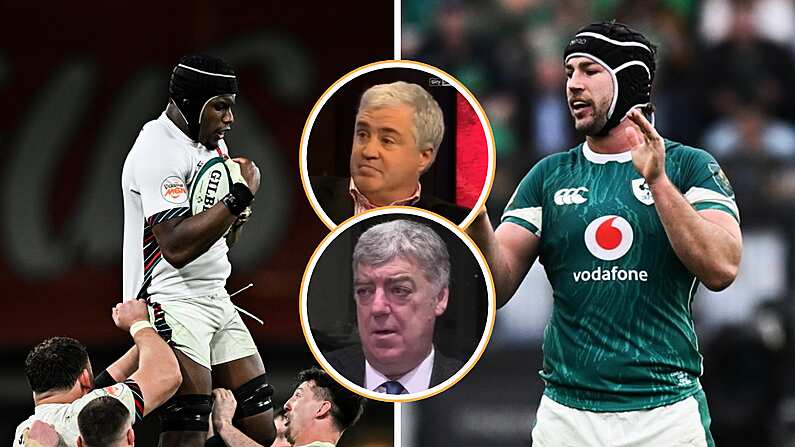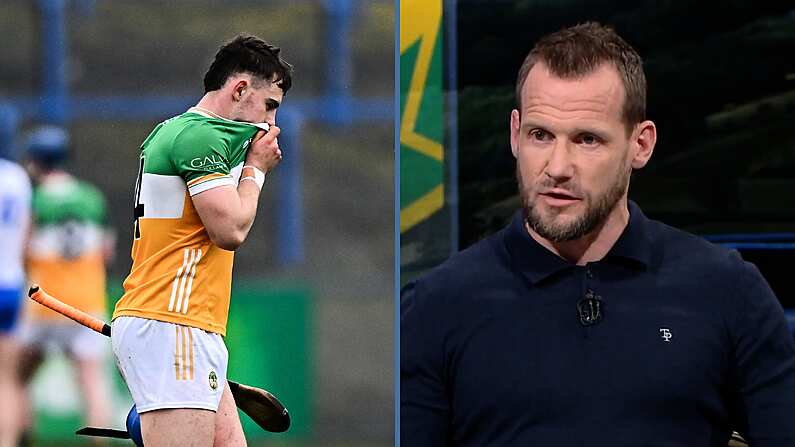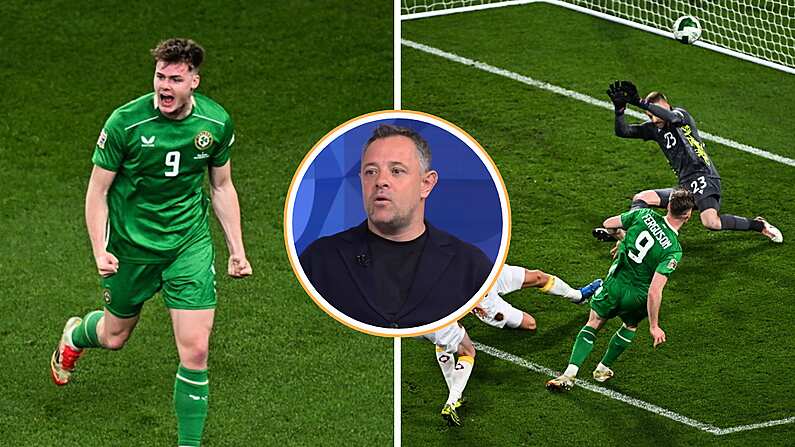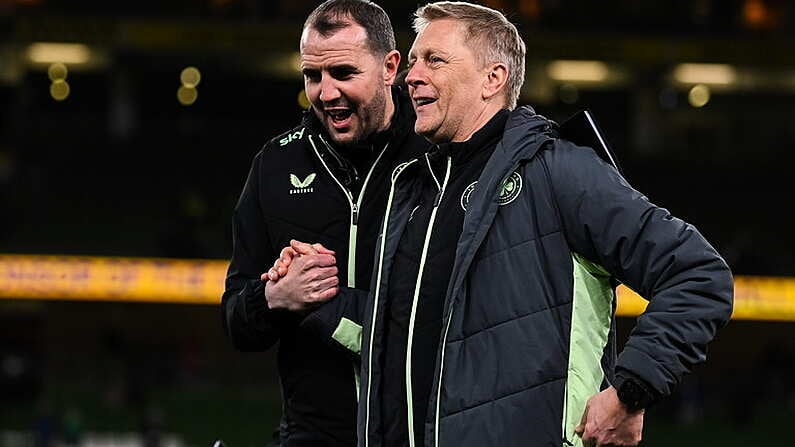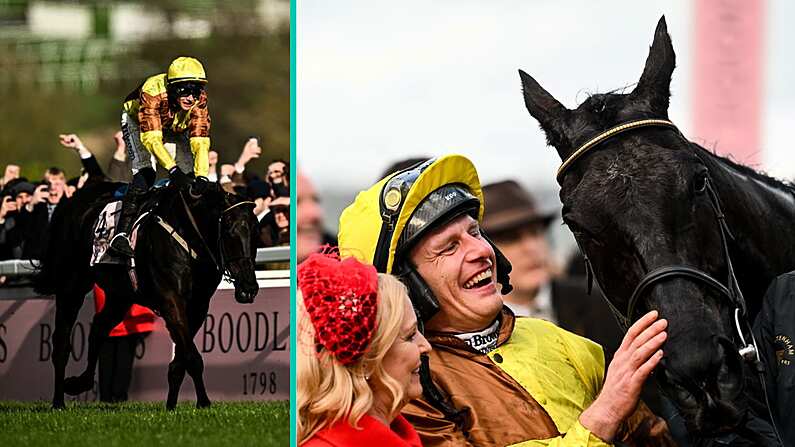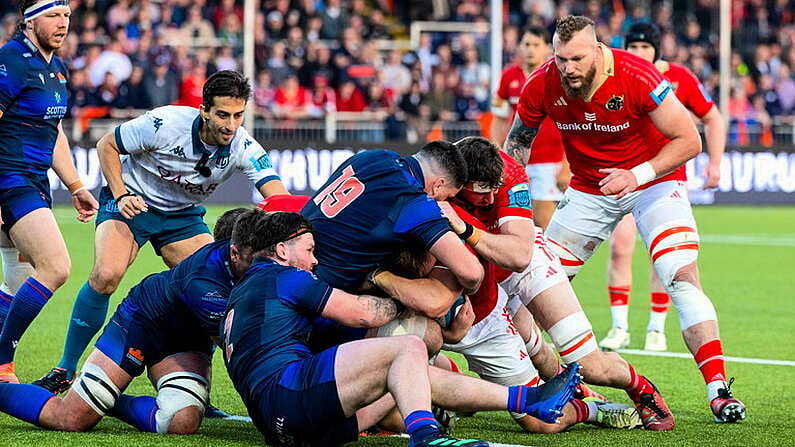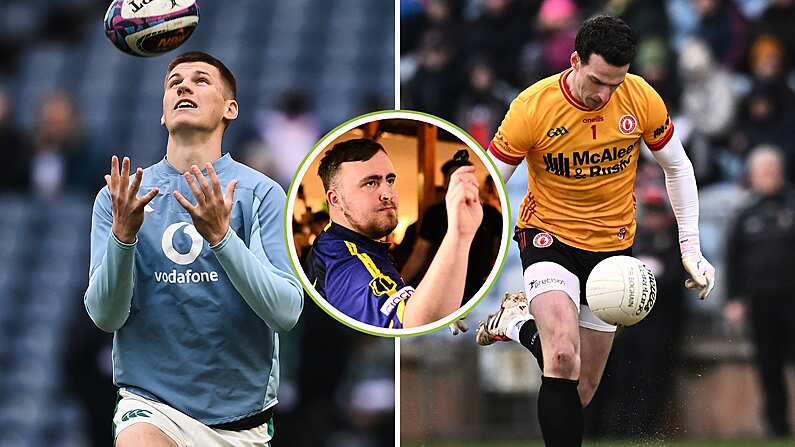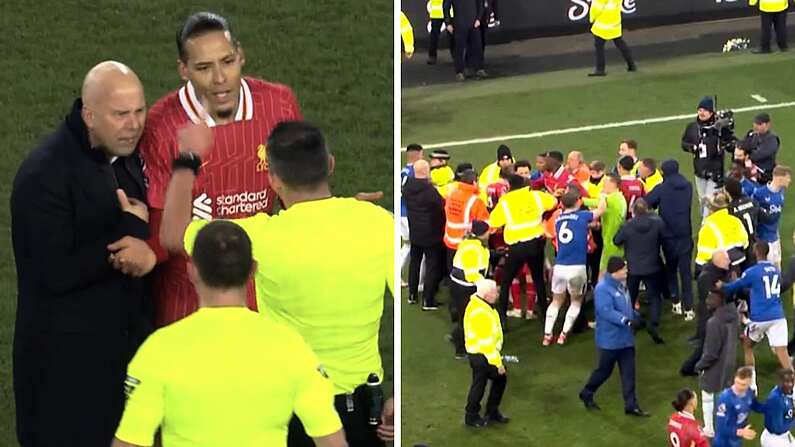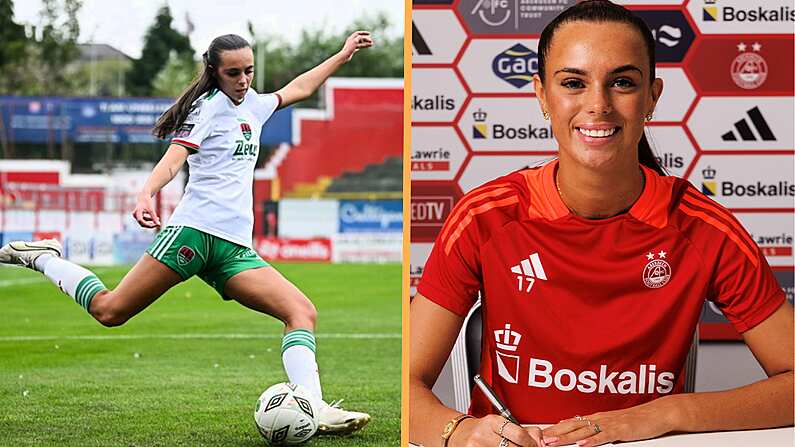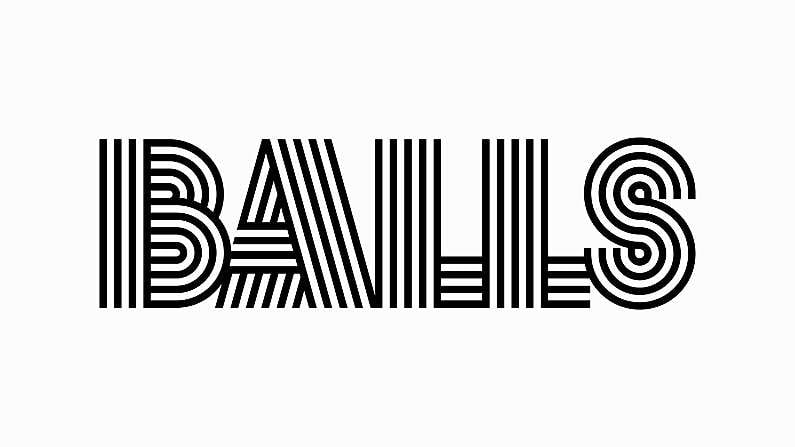Jack Charlton's remarkable life is celebrated in a new authorised biography, written by journalist Colin Young.
We spoke to Colin on this week's edition of our football podcast, and you can listen to the full interview below.
Among the most interesting topics that came up is the issue of why Charlton ended up managing Ireland, rather than England. Charlton had applied for the England job back in 1977. Don Revie quit and Brian Clough was the obvious choice as successor. Clough was granted an interview, but missed out to Ron Greenwood. It was understood that the F.A. were uneasy about granting the job to such an outspoken character; a man who had been vocal in his criticism of the F.A. in the past.
While Clough was granted an interview, Charlton did not even receive a reply to his application. Charlton went on to an unhappy stint as the manager of Newcastle: he was unwilling to commit to the demands of club football, and believed he would be happier at international level.
At Newcastle, he found a certain Paul Gascoigne in the youth team. Charlton became a major influence on Gascoigne, and remains so to this day. Jack's son John owns a pub, whose walls are adorned with a picture of Gazza at Italia 90 signed "To Jack, My 2nd Dad, Love Gazza".
Gascoigne is quoted in the book as saying the following:
I was sorry he never managed England rather than Ireland. I feel he would have done a good job, but I could see the establishment would never take him.
We asked Young what Gascoigne meant by those final six words.
Bear in mind that the FA and the England team at the time were ran by an amateurish enough bunch of blazers and committee men, instead of the one man who everyone knew should be be running the England team: Brian Clough.
The reason they didn't select Brian Clough was because he was too unorthodox, he couldn't be controlled. He was not someone who could be told what to do, in terms of picking players or in terms of how the team was run.
As far as the England team went, it was run by a bunch of blazers.
One of the things I have learnt about Jack is that he is very similar to Clough in terms of the unorthodox nature in which he ran a club. The very grounded way in which he kept himself, and would therefore keep his players. Here was a guy, with Terry Curran [at Sheffield Wednesday] for example, ended up getting in a scrap on the training ground with Curran trying to pull his sheepskin coat over his head.
He [Charlton] would stand his in his sheepskin coat by the side of the pitch with a cup of tea, wearing his loafers, with a fag in his hand. That was Jack. And I think there was an element of the FA saying that they didn't want this maverick to run us, and England, and to run our team. He might be the best qualified, he might be a World Cup winner, he might take no nonsense from players blah, blah, blah, but we are not having a bloke that we can't control.
He is anti-establishment, Jack. He is very left wing, during the strike he was very supportive of the miners and Arthur Scargill and people like that. Now the establishment, and the FA blazers will I'm sure have taken that into account, and thought that there's no way that we can have a guy with those political leanings leading our national football team. And yet I don't think those things mattered to Des Casey and the FAI, they just wanted the best man for the job.
Young goes on to strike another interesting point. This year marked the fiftieth anniversary of England's only World Cup win, and a campaign was launched to have all of the remaining members of the team knighted. Only two members of that squad have been awarded that honour: Geoff Hurst and one of the Charlton brothers. Bobby, not Jack.
In terms of the initial contact I made last year with Jack last year, it came up because I was writing a piece with the Sunday Mirror about a campaign to get the remaining members of the '66 squad knighted, because at the moment, only Geoff Hurst - who scored a hat-trick in the final - and Bobby Charlton, who was probably the best player, and who has gone on to have various roles, and directorial roles and now an ambassadorial role with Manchester United (the Biggest Club In Britain) just happens to still be very, very high profile, whereas it could be argued that from a football perspective, his brother achieved a hell of a lot more.
And politically, I find little reason to argue with Niall Quinn's analysis that Jack helped to start the peace process and the transformation in the relationship between Britain and Ireland, and the role Jack played in that...these things, for me, point towards the British establishment acknowledging him as a 'sir', rather than just an OBE.
To go out of your way to support those very divisive issues [the miners strike], I do wonder if there are those in the British establishment who put a black mark beside Jack's name and said 'we prefer Bobby, he is much nicer and less likely to kick up a fuss'. Jack from day one, has been one of the people who stood his ground and fought for what he believed in, and he remains like that to this day.
It's a very interesting idea. Safe to say that (almost) everyone in Ireland is glad the FA shunned Big Jack.
Oh, by the way, you need not have worried. Gazza recalls having this conversation with Charlton after he took the England job:
After taking the Ireland job he'd asked me if I had an Irish wolfhound?
I said no, I hadn't - but why was he interested?
'If you had an Irish wolfhound, you could qualify to play for Ireland.
Jack Charlton: The Authorised Biography is published by Herobooks and is available now.
See Also: Joel Matip Earns Comparisons To Anfield Legend He's "Never Heard Of"
See Also: Let's Settle This Once And For All; Was It 'World Cup', 'Wembley', Or 'Other'?


